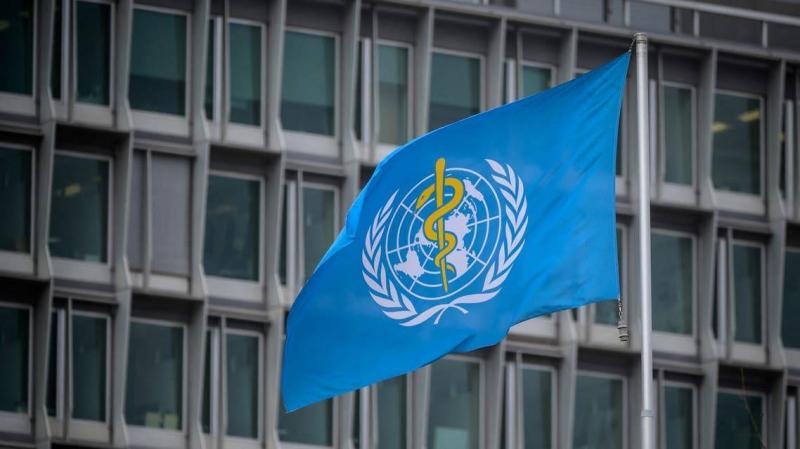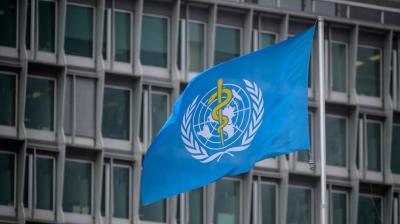The emergency response chief at the World Health Organization stated in an interview with AFP that "there is no reason" to doubt the effectiveness of currently available vaccines against COVID-19 in protecting against severe infections from Omicron, the new variant of the virus. Michael Ryan said, "We have highly effective vaccines that have proven effective against all variants so far, in terms of disease severity and hospitalization, and there is no reason to think that this won't be the case" with Omicron, while emphasizing the need for further research in this area.
This doctor, who rarely gives individual media interviews, noted that "the general behavior we observe so far does not show any increase in severity. In fact, some places in Southern Africa are reporting milder symptoms" compared to those caused by previous variants of the virus. However, the senior official at the UN organization warned to be cautious when handling this data, as the new variant was only detected on November 24 by authorities in South Africa and has since been found in dozens of countries.
He stated, "We are still at the beginning; we need to be extremely careful in how we analyze" this data, repeatedly stressing during the interview that the available data and studies remain preliminary. The spread of this new variant has caused some panic, especially in Europe, which is already facing a strong fifth wave of COVID-19 infections driven by the Delta variant.
The Irish epidemiologist, who has fought deadly diseases such as Ebola and Marburg fever and is now on the front line against COVID-19 since it was identified at the end of 2019, indicated that initial information collected in South Africa "suggests that the protection provided by vaccines still appears to hold." However, he acknowledged that it may later become apparent that vaccines are less effective against Omicron, which is characterized by a large number of mutations in the spike protein that allows the virus to attach to cells before invading them for replication. Nevertheless, he considered it "highly unlikely" that this variant could completely escape the protection offered by vaccines.
He reaffirmed, "The initial data coming from South Africa does not show a catastrophic decline in effectiveness; on the contrary, at this time." He stressed that "the best weapon we have available right now is vaccination," which has been reiterated by his colleagues since the vaccination campaigns began.
The World Health Organization has classified Omicron as a "variant of concern," and its spread is quicker. Ryan explained, "When a new variant emerges, its transmission tends to spread quickly as it competes with other variants." Omicron may outpace the Delta variant, which has been responsible for the majority of infections worldwide since it was identified in India at the end of 2020.
Experts see that Omicron could spread very quickly in South Africa "because it is taking advantage of the decline in Delta infections." There are early indications that the new variant may infect vaccinated individuals or those who have previously contracted COVID-19 more easily. This doctor pointed out, "There is data suggesting that reinfection is more frequent with Omicron compared to previous variants," but he quickly added that vaccines are designed to protect against severe infections, not necessarily mild ones.
He concluded, "We are not particularly concerned about whether reinfection is possible with Omicron; we are especially interested in knowing whether new infections are more severe or less severe." He emphasized the importance of following preventive measures, such as wearing masks, ventilating closed spaces, physical distancing, and more. Ryan stressed, "The nature of the virus has not changed, and the same rules still apply."




